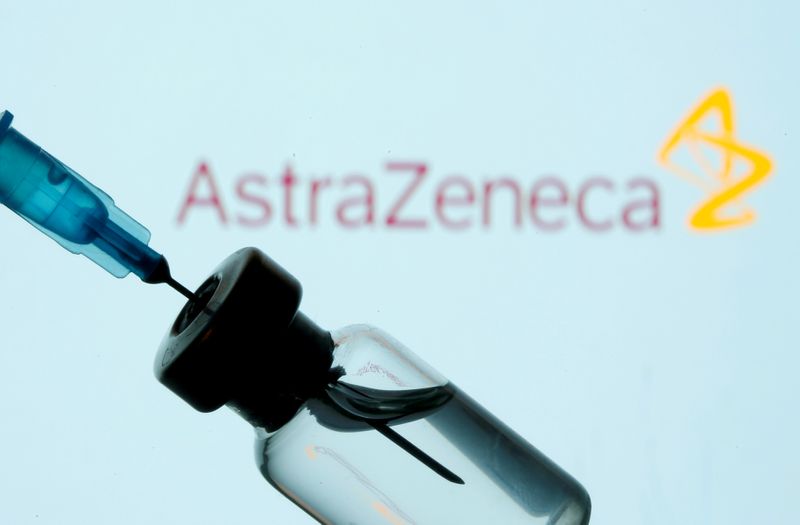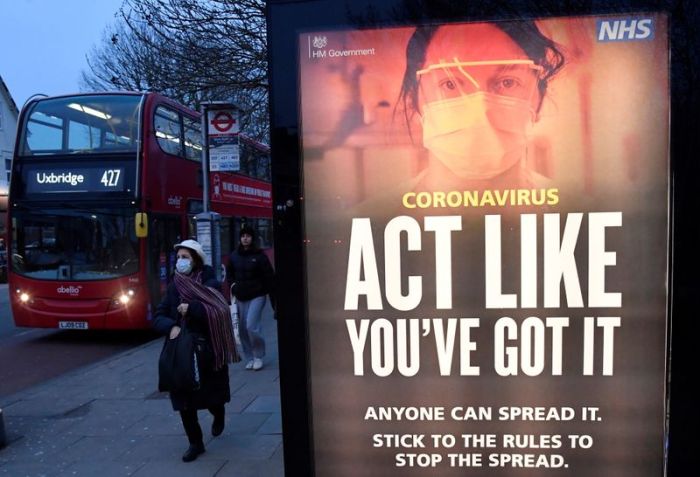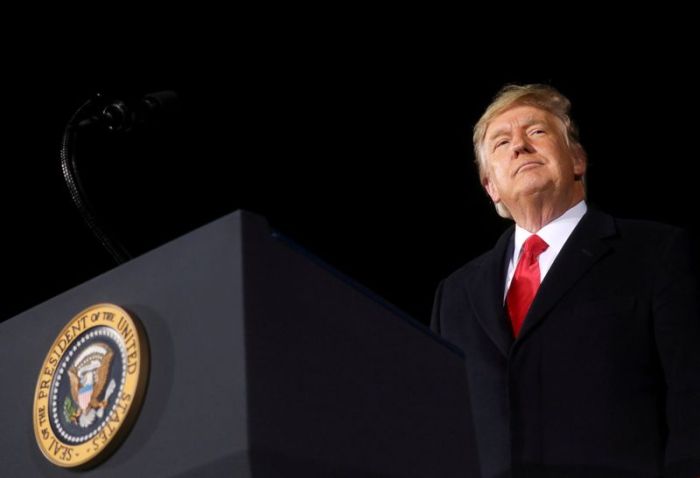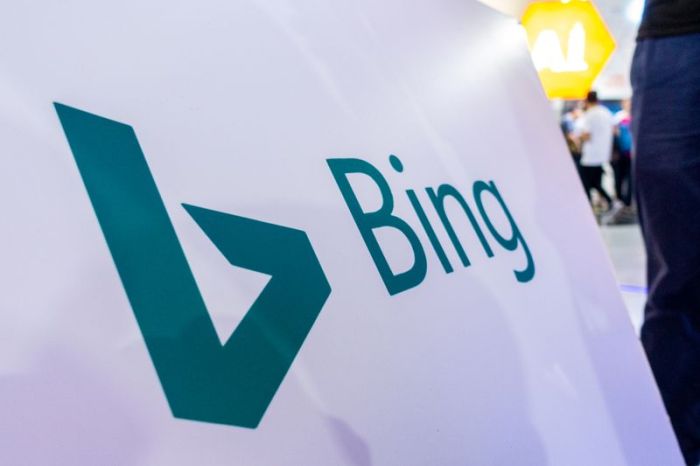JOHANNESBURG (Reuters) – South Africa’s first coronavirus vaccine doses arrived by airplane on Monday, offering some relief for health workers who have been stretched during a second wave of infections and are first in line for the shots.
President Cyril Ramaphosa and other top officials were at the OR Tambo international airport to receive the 1 million shots of the AstraZeneca vaccine, produced by the Serum Institute of India (SII).
Some scientists and health workers have publicly criticised Ramaphosa’s government for not securing access to vaccines sooner.
In remarks carried on state broadcaster SABC, Ramaphosa said he was delighted the first shots had arrived and that he would say more during an address to the nation scheduled for 1800 GMT.
South Africa has recorded the most COVID-19 infections and deaths on the African continent, at more than 1.4 million cases and over 44,000 deaths to date.
Since late last year, it has battled a more contagious virus variant called 501Y.V2 that has also been detected in countries in Europe, the Americas and Asia.
The shots that arrived on Monday will be checked over roughly 10 to 14 days before inoculations can begin.
The SII is due to send another 500,000 doses later this month, but more will be needed to cover South Africa’s 1.25 million health workers, as the AstraZeneca/Oxford University vaccine is administered in two doses.
BEEFED UP SECURITY
Officials say the country has secured more than 50 million vaccine doses via bilateral negotiations with pharmaceutical companies, the COVAX vaccine distribution scheme co-led by the World Health Organization and an African Union (AU) arrangement.
That is almost enough to vaccinate its target of 40 million people, or two-thirds of the population, this year, given that a sizeable portion of the shots it expects to receive are of the Johnson & Johnson vaccine, which is administered in one dose.
Other African countries are more reliant on COVAX or the AU to deliver doses, and the majority are yet to receive their first vaccine shipments.
The Biovac Institute, the company that will store and distribute the first 1 million doses, has beefed up security and made backup plans in case there are power outages, its Chief Executive Morena Makhoana told Reuters.
A random sample of vaccine vials will be sent to Bloemfontein for quality assurance by medical regulator SAHPRA, Makhoana added.
COVAX and the AU arrangement could start delivering the first of their shots in March. Shots developed by Pfizer and BioNTech could start arriving around March, but the timing of 9 million promised Johnson & Johnson doses is not yet clear.
The National Treasury estimates it could cost up to 24 billion rand ($1.6 billion) to vaccinate 40 million South Africans.
(Additional reporting by Wendell Roelf; Editing by Olivia Kumwenda-Mtambo and Mike Collett-White)























